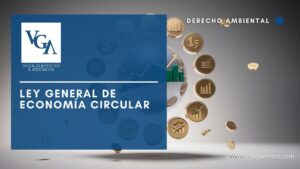This month the SAT has presented the results of 2 studies regarding the tax evasion rate in specific markets, the study based on data from 2022 was conducted in collaboration with diverse academic institutions. The first study called “Tax evasion by mining smuggling”, analyzed the specific market of mining and smuggling through the underestimation of export production costs, sales expenses, and export prices declared by companies linked to the such economic sector. The study showed that the estimated rate of tax evasion of exported goods in this market is around 9.60 percent. The referred undervaluation would represent a total of 75 billion pesos and the amount of tax evasion related to income tax would be of approximately 22 billion pesos.
On the other hand, the second study researched tax evasion from the textile market, specifically derived from smuggling. This study focused on the underestimation of the value of imported goods, estimating that taxes of around 3 billion pesos may have been evaded within the textile industry this past year.
Although these two economic sectors are not the only ones affected by undervaluation practices, as this is one of the most common forms of tax evasion in our country, these studies can serve as a milestone for the tax authority, together with other institutions, to generate new studies to identify other types of practices with the same purpose of evading tax obligations, expanding not only the catalog of activities or practices to be monitored in these sectors, but also expand to other sectors that were not considered within these specific studies.
The tax authority has developed several strategies to combat tax evasion in recent years, such as the implementation of information technologies and the automation of tax processes, the simplification of procedures for taxpayers, the improvement of controls, and collaboration with other government departments.
We identified that this denotes a tendency of the authority to identify more clearly the activities and business practices that may result in possible tax evasion. This, together with the clear increase in procedures and fines emitted by the SAT, makes it essential for companies not only to have an adequate defense for the sanctions issued by the SAT but also to preventively analyze the practices that could be suspicious and even punishable by the tax authority, which will vary depending on the specific economic sector of the company to be analyzed.




